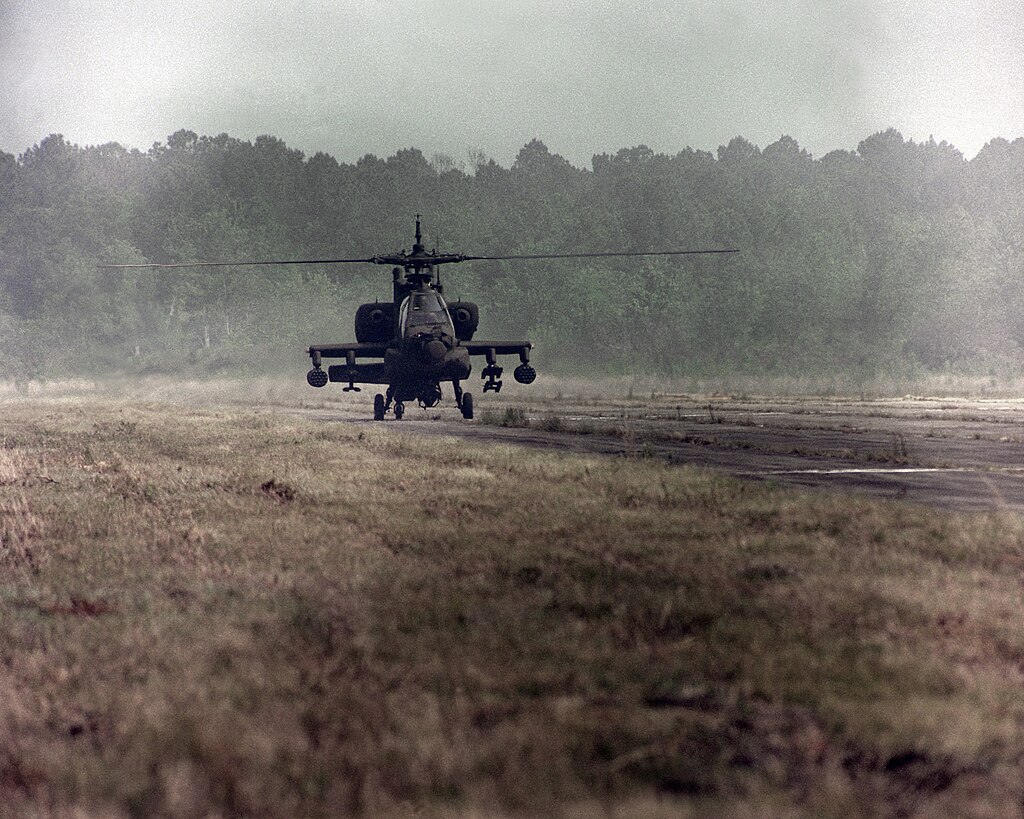India’s induction of the remaining batch of AH-64E Apache attack helicopters has hit an unexpected roadblock after Turkey reportedly declined airspace permission to the heavy-lift aircraft transporting them. The refusal forced the cargo plane to abandon its scheduled route and return to its departure point, resulting in an unplanned delay for the Indian Army.
According to defence sources, the transport aircraft carrying the helicopters had completed its initial legs but was unable to proceed further once Turkey withheld over-flight clearance. The aircraft remained grounded for several days before eventually diverting back, halting the delivery process entirely.
The situation has raised concerns within the defence establishment, as the Apaches form a crucial part of the Army Aviation Corps’ planned fleet expansion. India had signed the contract for six AH-64E helicopters to complement the earlier Apache fleet already in service with the Indian Air Force.
Officials familiar with the matter indicate that the delay is purely logistical but carries clear geopolitical undertones. Over-flight permissions – though routine – can be influenced by diplomatic relations, and Turkey’s refusal appears to reflect the strain between Ankara and New Delhi in recent years.
The Indian Army has already completed preparatory work for the induction of the new helicopters, including training schedules and infrastructure readiness. With the delivery stalled, operational timelines may now require adjustment.
In response, India and the supplier are exploring alternate flight corridors to bypass restricted regions. Rerouting, however, may increase transit time and cost, adding further complexity to an already delicate logistics chain.
The incident underscores how global political currents can directly affect defence procurement and transport. As India continues to modernize its military aviation assets, ensuring diversified and reliable transit routes may become a strategic priority.
